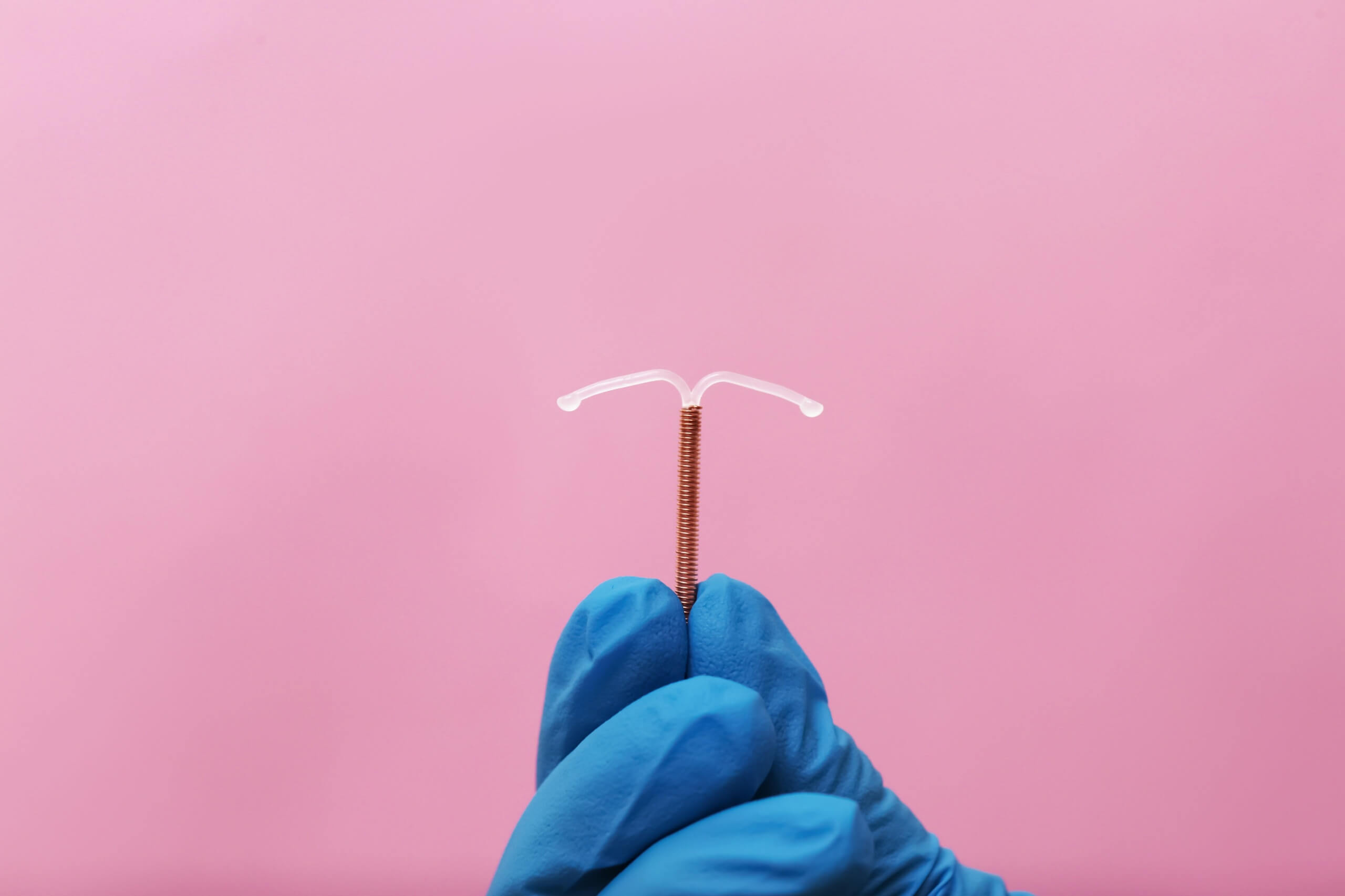Menopause is a natural part of aging, but the earliest signs that this is approaching can sneak up on you and sometimes feel confusing or overwhelming. From changes in your menstrual cycle to unexpected hot flashes or mood swings, these symptoms can leave many women wondering, “Is this perimenopause?” Knowing what to look for and when to seek help can make this transition much easier. Let’s take a closer look at the earliest signs of perimenopause and how you can manage them with the right care and support.
What Is Menopause and When Does It Start?
Menopause is one year since your last menstrual period. The average age of menopause is 51. Menopause is when the ovaries stop ovulating and producing estrogen. Prior to the end of menstrual cycles, symptoms of perimenopause can begin several years earlier. During this time, your body’s hormone levels can fluctuate wildly, leading to a variety of physical and emotional changes.
Earliest Signs of Perimenopause
The first and most noticeable sign is often a change in your period. You may experience:
- Irregular cycles: Periods may become shorter, longer, heavier, or lighter
- Skipped periods, or periods that come closer together
- Hot flashes and night sweats: Sudden feelings of heat, often with sweating and flushing, that can disrupt sleep and daily life.
- Mood changes: Increased anxiety, mood swings, or “brain fog” are common, as are sleep disturbances and fatigue.
- Vaginal dryness and discomfort: Decreased estrogen can lead to vaginal dryness and pain during intercourse.
- Changes in libido and urinary symptoms: Reduced sex drive, increased urinary tract infections, and bladder control issues may arise or worsen
Why Early Diagnosis Matters
Early recognition of menopause symptoms allows for timely intervention and support. Some women experience premature or early menopause (before age 45), which can bring more intense symptoms and increase risks for osteoporosis or heart disease. At MAIA Gynecology, our female gynecologists provide a comfortable, understanding environment for discussing these changes.
Advanced Care and Treatment Options at Maia Gynecology
Our team is dedicated to providing evidence-based, safe, effective and holistic menopause management for women in Downers Grove and the greater Chicago area.
Our comprehensive approach may include:
- Pelvic Ultrasound: This non-invasive imaging test can help evaluate abnormal bleeding and rule out other conditions, such as fibroids or endometrial changes. If you’re experiencing post-menopausal bleeding, a pelvic ultrasound is recommended to ensure your health and peace of mind.
- Hormone Replacement Therapy (HRT): For women struggling with severe symptoms, HRT can help reduce hot flashes. Our team will discuss the benefits and risks to find the right option for you.
- Annual Wellness Visits: Regular checkups are crucial during menopause to monitor your health and address any new symptoms. Schedule your annual wellness visit to stay proactive about your care.
Why Choose MAIA Gynecology?
At MAIA Gynecology, our board-certified female gynecologists bring over 20 years of experience and a compassionate, evidence-based approach to supporting women through menopause. Dr. Wolowick and Dr. Mitchell are experts in women’s health and offer personalized treatment options to help manage symptoms effectively.
Whether you’re experiencing early signs of perimenopause or need care for post-menopausal concerns, you can trust our expert team to provide compassionate, individualized support every step of the way. Ready to take control of your health? Schedule your appointment with MAIA Gynecology today.

Ask Us A Question
Need more information? Please give us a call at (630) 320-6703 and someone from our team will be in contact with you soon.
Patient Resources





